A few weeks ago I took part once again in the Poet’s Gathering in Winston-Salem North Carolina, sponsored by Press 53. In one of our workshops Adrian Rice, a poet from Ireland who teaches at Appalachian State University, asked us to recall significant moments or images from our past. Like a string in saline water, they can create a crystalline nub for poems that have emotional intensity. So I began to fish around for such moments and emerged with two that have remained from my summers on my family’s dairy farm in northern Virginia, where now the farms are gone and trophy homes crawl over land where cows and hay wagons once held sway.
The first recalls a childhood friend on the farm, whose tender life still sparks a kind of elegy. The second is a tiny snapshot of how I learned to shock wheat, which, I think I need to explain, means propping up sheaves of grain together so they can stay dry until they are taken to the threshing machine. Since the advent of the combine and industrialized agriculture, people don’t do this any more. The snapshot, as you will see, was actually part of a larger picture which I only understood later in my slow maturation.
Fishing with Charlie
Charlie Fewell was my fishing buddy on the farm.
Mostly we used worms
we dug up in the ooze
outside the milking barn
beside the spring.
We would amble over to the pond
and cast our lines for sunfish, perch,
and sometimes even bass.
I knew that Charlie wasn’t playing with a full deck,
his parents somewhere else
and Charlie living on the farm with his gramma and his uncle Earl,
but he was cheerful company.
He loved to fish and so did I.
On his tackle box he had scratched the letter E.
I asked him once about the E.
“Oh,” he said, a smile lighting up his face,
“that’s E for Fewell.”
And then we fished some more.
One day a passing car snuffed out his life
while he was riding down the highway on his bike.
The preacher said that no one knows what purposes our lives are serving
in a world of fish and boys and ignorance of who we are.
But we are each a child of God.
That’s what Charlie helped me understand.
*
Shocking the Wheat
We were shocking wheat that hot, hot day
in the field beside the old Ketoctin Church,
its newer headstones in a row beside the fence
shimmering in the heat.
“Take three or five on end,
then spread a sheaf to cap them
so they shed the rain.”
More words than I had ever heard from Harold Fairfax,
so strong that he could lift two milk cans at a time
and hoist them on the truck.
The sweat poured down my tender face
so white
beside his face
so blackened with a brilliance
by the ancient sun of Africa.
We paused and drank
the cold sweet water
from that metal can—
our hidden secret
in that open field.
And then we turned
and shocked the wheat some more,
a silent host of witnesses
shadowing the land.

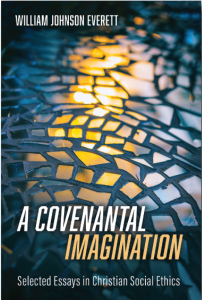
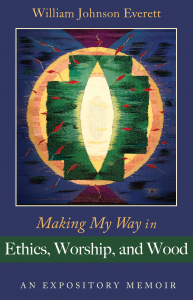
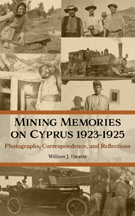
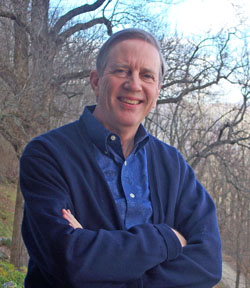
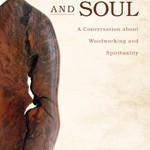
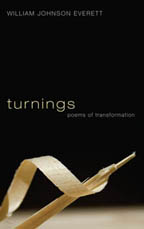
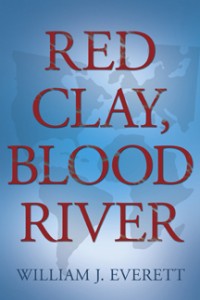 Red Clay, Blood River
Red Clay, Blood River
These poems are tender and wise; thank you for them. And, the reference to the old Ketoctin church reminded me of the day I heard you preach about religious liberty there.
Oh, Bill, I love these. Especially the “E.” At some level other than fishing and farm life, they touch my own experience. I hope you’re starting a new book.